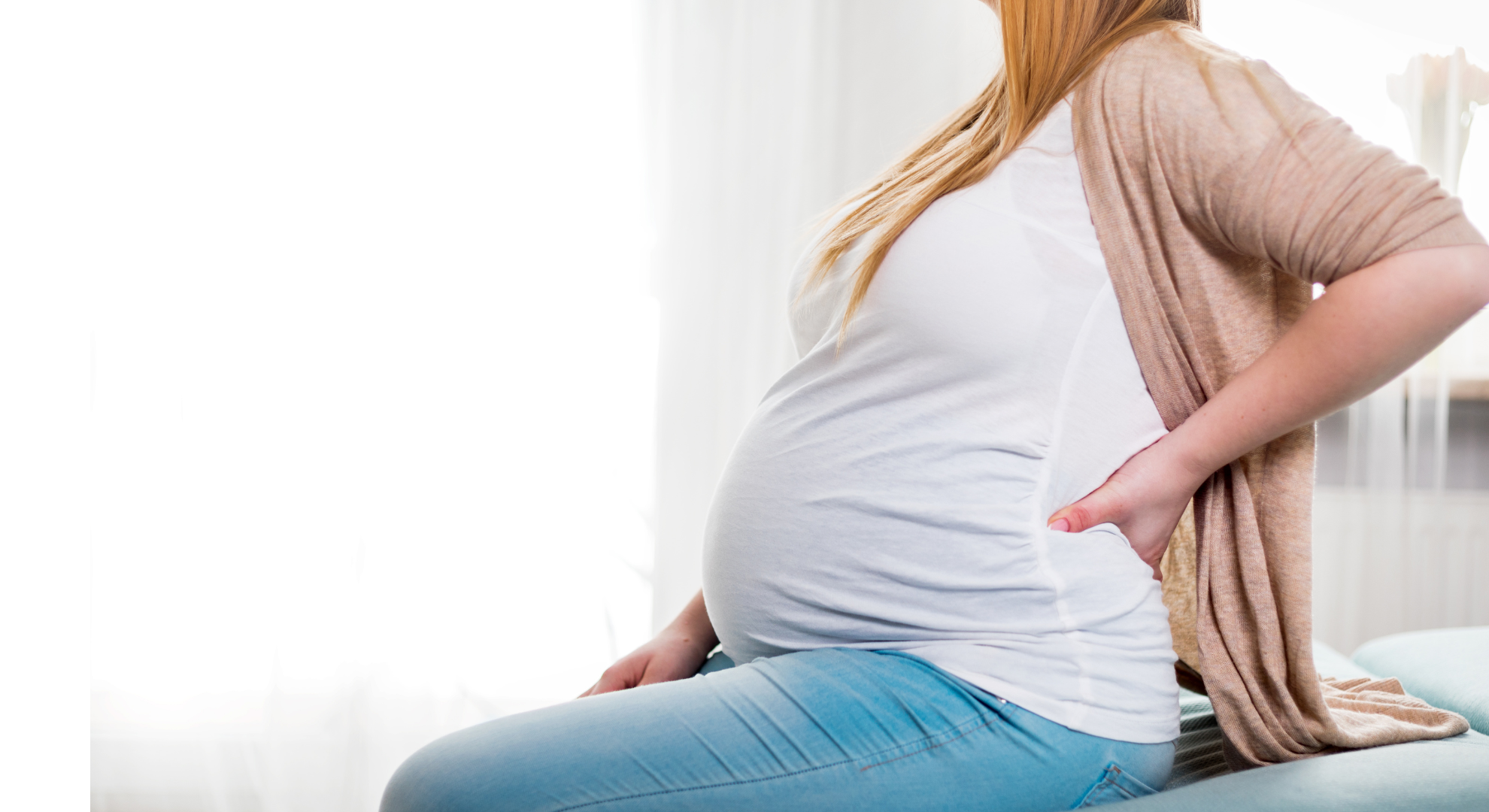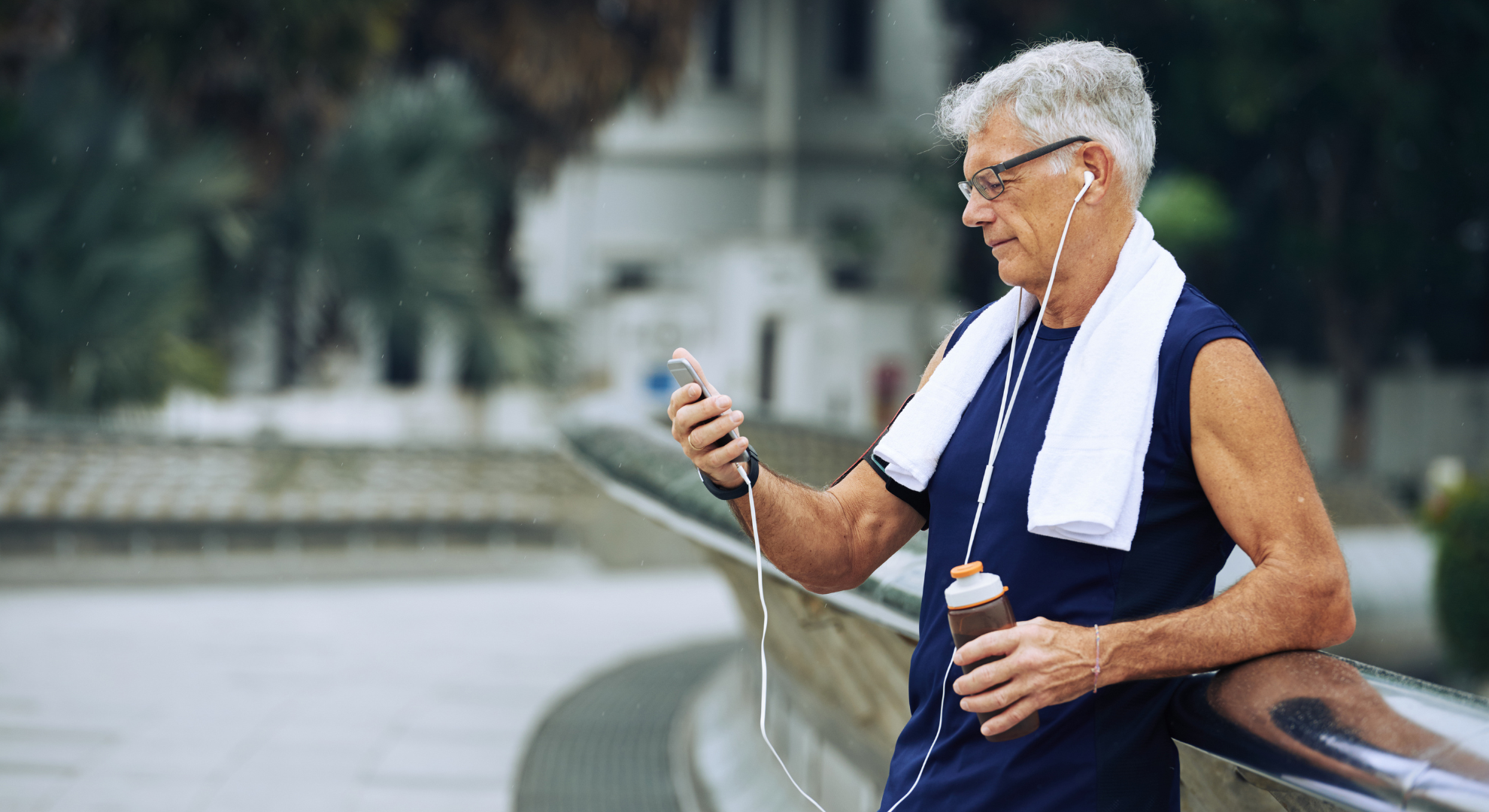
Acupuncture & Chinese Herbal Medicine
Supporting your health in Dorset and online

Welcome to My Practice
Hello, I’m Kate Freemantle, an experienced acupuncturist and Chinese herbal medicine practitioner based in Christchurch, Dorset. With nearly 20 years of clinical experience, I support patients with a wide range of health concerns, offering safe, effective, and personalised treatments.
I Offer Fertility & Non-Fertility Treatments
Over the years, I have found that my practice has naturally expanded beyond fertility, although this specialism remains a significant part of what I do. Many patients initially come to me for fertility support and later seek help for other aspects of their health, as well as for other family members, both young and old. As a result, my work has grown to encompass a wide range of conditions at all life stages, and I continue to deepen my knowledge to provide the best possible care.
As part of the Fertility Support expert team, I work with a network of specialists dedicated to compassionate, informed fertility care. Through my studies and hands-on experience—including time in some of London’s leading fertility clinics—I’ve developed a deep understanding of reproductive health. I now bring this expertise to my practice in Dorset, offering both in-person treatments and online support.
I combine the wisdom of acupuncture and Chinese herbal medicine with modern healthcare insights, tailoring each treatment to the person in front of me. Whether you're navigating fertility challenges or looking to improve your overall well-being, my goal is to provide thoughtful, effective support.
To hear more from my patients, visit my testimonial page
If you would like to read about
how my love story with acupuncture began.
Please, click here.
Conditions I support:
I work with people at all stages of life, helping with a wide range of physical and emotional health concerns. Whether you have a diagnosed condition, feel unwell, or just don’t feel like yourself, I take the time to understand what’s going on for you. My treatments are tailored to your individual needs, with the aim of improving your overall health and well-being.
I also offer a range of specialist clinics to provide more focused support:
-

Teen Health
-

-

Pregnancy Health
-

-

Men's Health
-

LGBTQ+ Health
-

Cancer Support

Book a free 15 minute consultation with me
I understand that choosing the right treatment is important, and you may have questions about how acupuncture and/or Chinese herbal medicine can help your specific needs. That’s why I offer a free, no-obligation 15-minute consultation—a chance for us to discuss your health concerns and explore how we can work together.
This call allows you to:
✔ Learn more about my approach to acupuncture and Chinese herbal medicine
✔ Ask any questions about how these treatments can support your health and wellbeing
✔ Understand how I create personalised treatment plans tailored to your needs
Flexible consultations
I work with patients across Dorset and Hampshire, offering both in-person appointments and online consultations for Chinese herbal medicine and health advice. I also collaborate with acupuncturists across the UK, supporting their patients with tailored herbal treatments. Whether you visit my clinic or connect online, you can access expert care in a way that suits you best.







